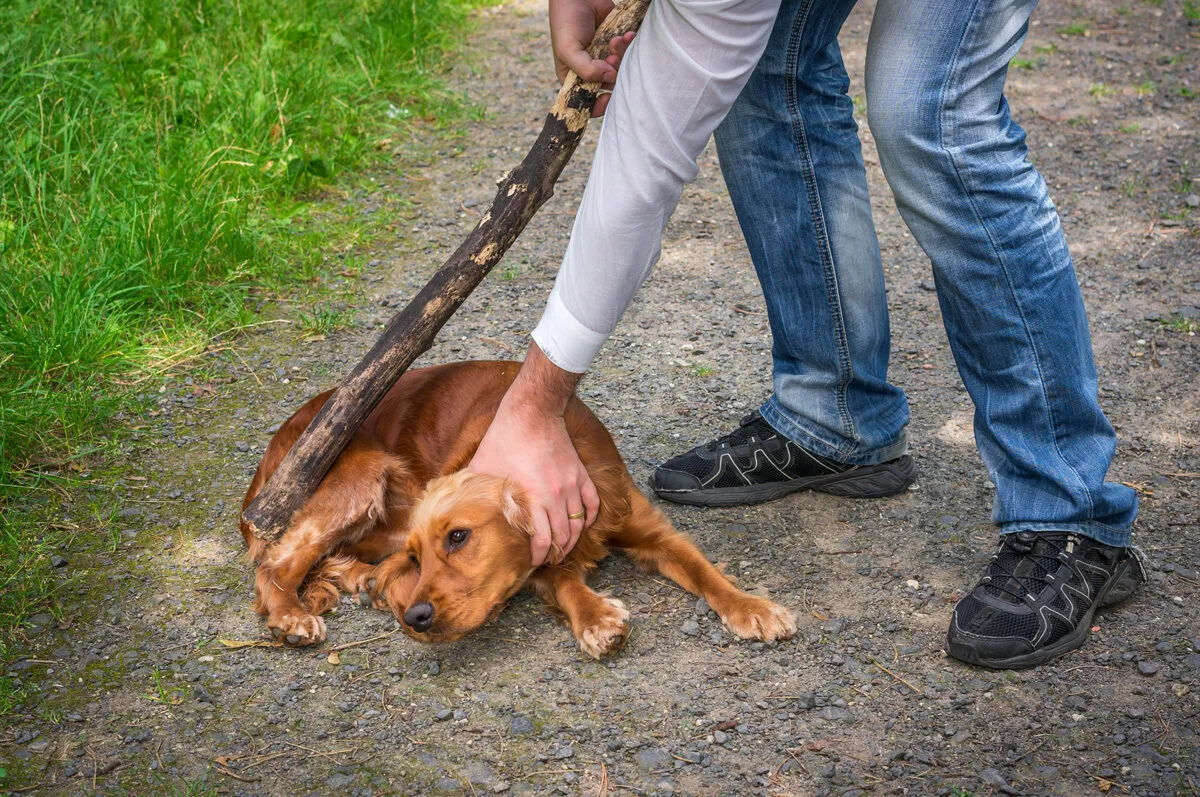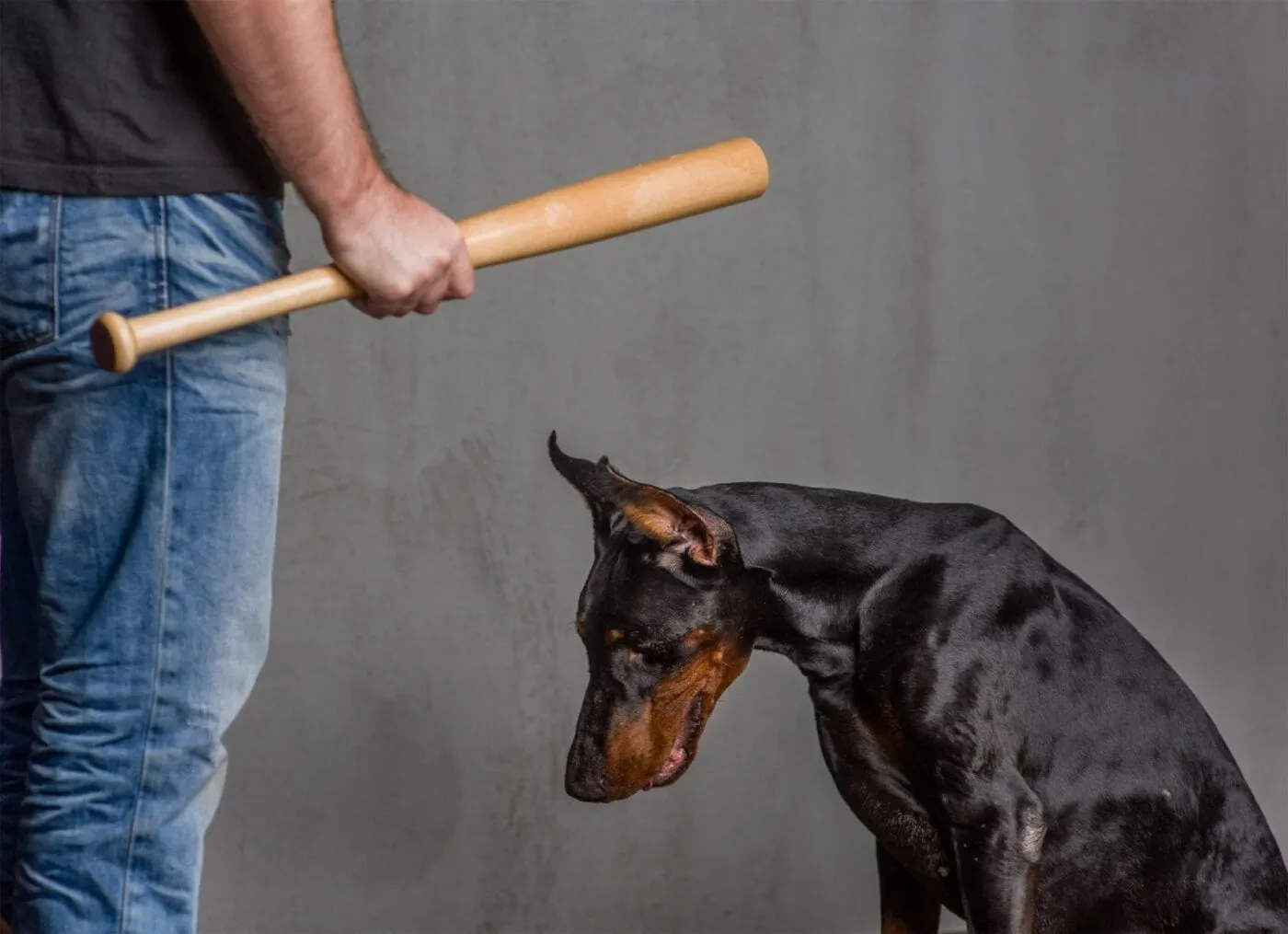Animal abuse is a serious issue worldwide, and China is no exception. While some countries have made significant strides in animal protection, China still faces numerous challenges in this area. This article delves into the current state of animal abuse in China, the underlying causes, and its severe consequences.
1. The Current State of Animal Abuse in China
Animal abuse in China manifests in various forms, from the slaughtering of wild animals for fur, skin, or food to using animals in traditional festivals and medical experiments.
Slaughtering and Trading of Wild Animals
One of the biggest issues concerning animal abuse in China is the slaughtering and trading of wild animals. Animals such as tigers, bears, rhinos, and many others are often hunted and killed for their body parts like fur, skin, horns, and bones. These parts are then sold on the black market or used in traditional Chinese medicine. According to the International Fund for Animal Welfare (IFAW), China is one of the largest markets for illegal wildlife trade.
Use of Animals in Traditional Festivals
China has many traditional festivals where animals are brutally abused. A typical example is the Yulin Festival, where thousands of dogs and cats are slaughtered for food. This festival has sparked strong opposition from the international community and animal protection organizations but continues to be held annually.
Medical Experiments on Animals
The use of animals in medical experiments is also a severe issue in China. According to reports by Humane Society International, millions of animals, including mice, rabbits, dogs, and cats, are used in medical experiments each year. These experiments often cause pain and death to the animals without any measures to alleviate their suffering.
2. Causes of Animal Abuse in China
Several factors contribute to animal abuse in China, including culture, economy, and legal enforcement.
Culture and Tradition
A significant part of the animal abuse problem in China stems from long-standing cultural and traditional beliefs. Many Chinese people believe that products derived from wild animals can bring health and luck, leading to the hunting and killing of animals for use in traditional medicine. Additionally, traditional festivals like the Yulin Festival reflect a lack of awareness about animal rights and the importance of protecting them.
Economy
The economy is also a crucial factor leading to animal abuse in China. Many people rely on hunting and trading wild animals for their livelihood. The black market for wildlife is thriving, with high demand from both domestic and international markets. This creates an underground industry that is difficult to control and increases the pressure on animal populations.
Law and Enforcement
One of the main reasons for animal abuse in China is the ineffectiveness of law enforcement. Although China has some animal protection laws, their enforcement is very limited. Moreover, the penalties for animal abuse are often not strong enough to deter such behavior. The lack of education and public awareness about animal rights also exacerbates the problem.
3. Consequences of Animal Abuse
Animal abuse in China not only causes pain and death to millions of animals each year but also has severe consequences for the environment and society.
Impact on Biodiversity
The hunting and slaughtering of wild animals have significantly reduced the populations of rare and endangered species. This disrupts the ecosystem balance and affects biodiversity. Many animal species, such as rhinos and tigers, are on the brink of extinction due to illegal hunting.
Impact on Public Health
Animal abuse can also have severe consequences for public health. The trade and consumption of wild animals can spread infectious diseases from animals to humans, such as SARS and COVID-19. These pandemics have caused significant loss of life and economic damage worldwide.
Social and Ethical Impact
Animal abuse also has negative impacts on society and ethics. Cruel treatment of animals can diminish human compassion and empathy. This can lead to an increase in violent and cruel behavior in society.

4. Solutions and Efforts to Protect Animals
To address the issue of animal abuse in China, cooperation among governments, non-governmental organizations, and the international community is essential.
Strengthening Laws and Enforcement
One of the most important measures is to strengthen laws and enforce animal protection regulations. China needs stricter penalties for animal abuse and must ensure these laws are rigorously enforced.
Education and Awareness
Educating and raising public awareness about animal rights and the importance of protecting animals is crucial. Educational programs should be widely implemented in schools and communities to change people’s perceptions and attitudes toward animals.
International Cooperation
International cooperation is necessary to combat wildlife trafficking and protect endangered species. China should collaborate with international organizations and other countries to conduct anti-wildlife trafficking campaigns and protect endangered species.
Conclusion
Animal abuse in China is a serious issue with numerous negative consequences for animals, the environment, and society. To solve this problem, close cooperation among governments, non-governmental organizations, and the international community is needed. Only with strong and effective measures can we protect animal species and ensure a sustainable future for all living beings on Earth.



